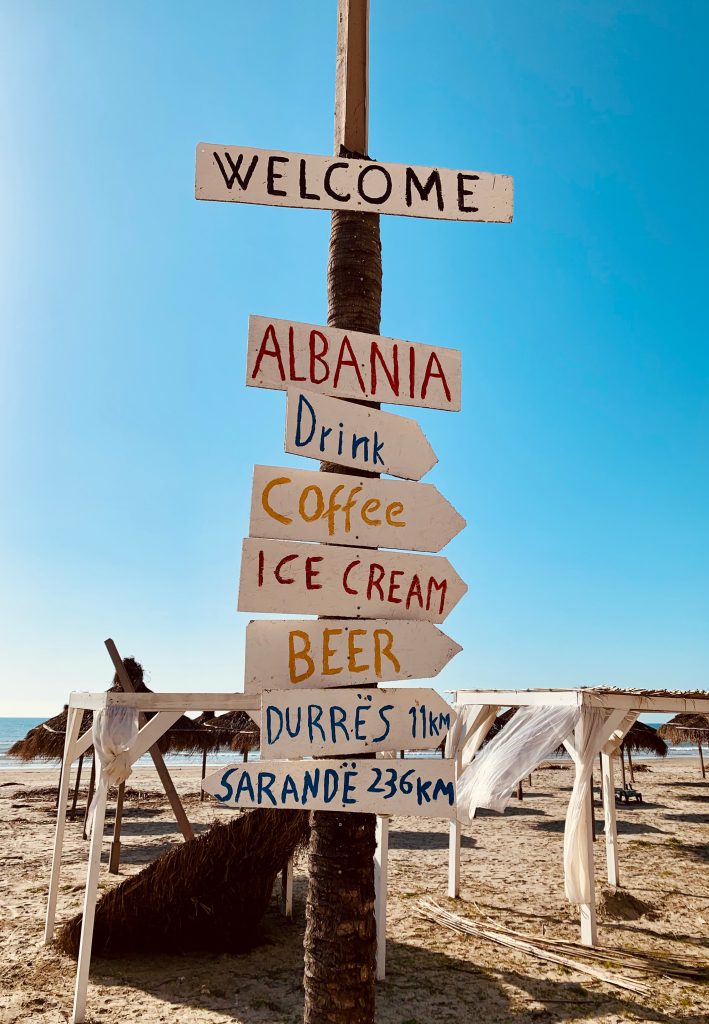
Location: Albania is situated in the western part of the Balkan Peninsula in Southern Europe. It shares its borders with Montenegro to the northwest, Kosovo to the northeast, North Macedonia to the east, and Greece to the south. To the west, it has a coastline along the Adriatic Sea, while its southern border is along the Ionian Sea.
Capital: The capital city of Albania is Tirana.
Geography: Albania is known for its diverse geography, featuring mountainous terrain, including the Albanian Alps, as well as beautiful coastline along the Adriatic and Ionian Seas. The country is home to several national parks and natural reserves.
Language: The official language of Albania is Albanian.
Population: Albania had a population of around 2.8 million people.
History: Albania has a rich and complex history, with influences from the Roman, Byzantine, Ottoman, and more recently, communist eras. It declared independence from the Ottoman Empire in 1912 and went through a period of monarchy until the end of World War II when it became a communist state led by Enver Hoxha. Albania transitioned to a multiparty democracy in the early 1990s.
Culture: Albanian culture is a blend of various influences, and it has a unique identity. It includes traditions, music, and folk dances. Albanian cuisine is also distinctive, with dishes often featuring lamb, dairy products, and Mediterranean influences.
Religion: The majority of Albanians are Muslim, with a significant Christian minority, including both Orthodox and Catholic communities. Albania is known for its religious tolerance, which is enshrined in its constitution.
Economy: Albania’s economy has undergone significant changes since the end of communist rule. It has shifted from a centralized, state-controlled economy to a market-oriented one. Key sectors include agriculture, manufacturing, energy, and tourism, with the latter growing in popularity due to the country’s natural beauty and historical sites.
Politics: Albania is a parliamentary republic with a president as the head of state and a prime minister as the head of government. The political landscape has been characterized by a multiparty system since the early 1990s.
EU Integration: Albania has expressed interest in joining the European Union and has been working on various reforms to meet the criteria for EU accession.
Currency: The currency used in Albania is the Albanian Lek (ALL).